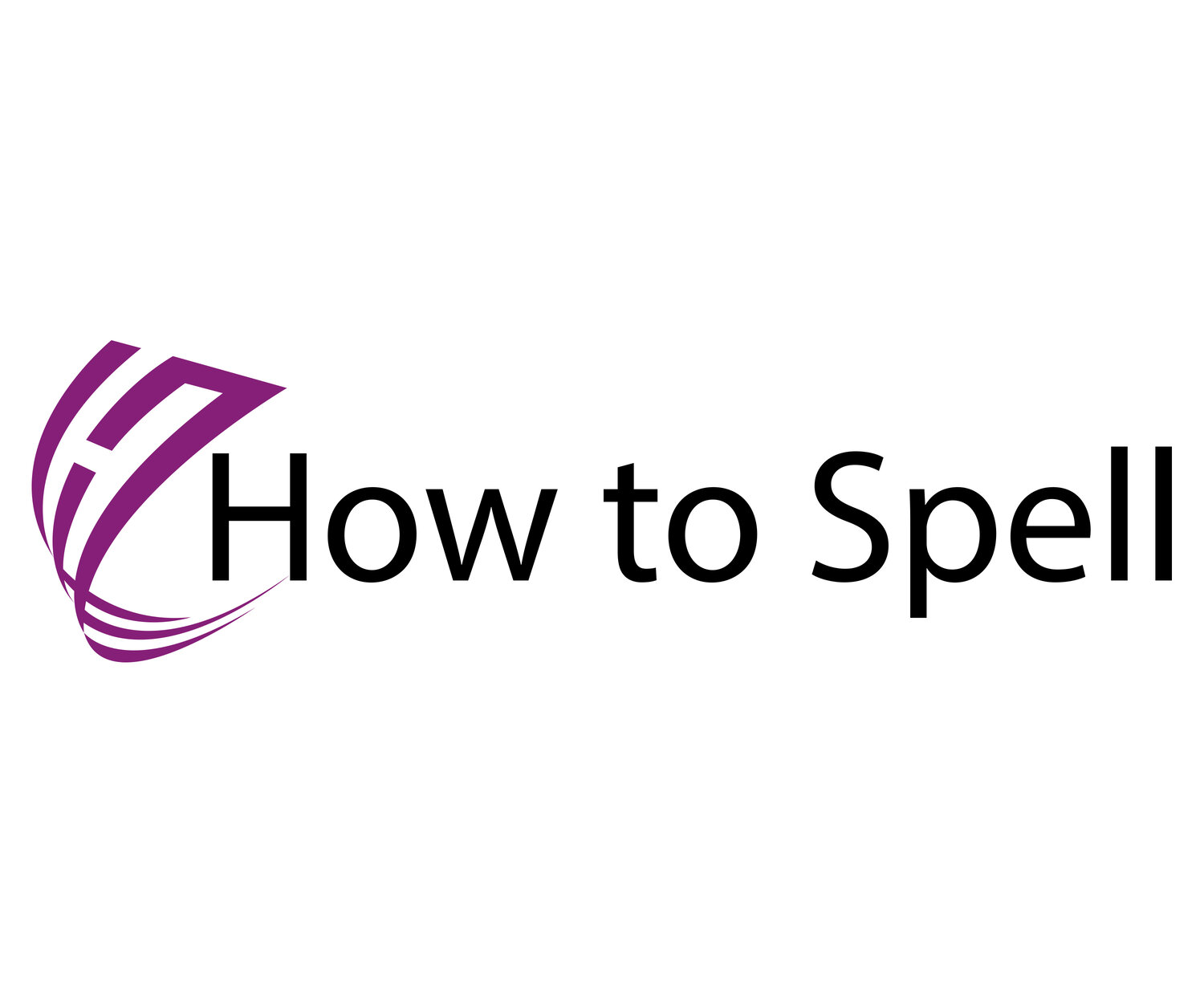Fun Facts about Spelling
Spelling tip 7: Take an interest in words.
Spelling tip 7: Take an interest in words.
Enjoy the quirkiness of English spelling, the rules and exceptions, and know why words are spelt/spelled (American) the way they are, and then you won't get frustrated with spelling and you'll learn, remember and understand spellings.
In this lesson, we're looking at some fun facts about spelling and why there are so many words that mean the same thing or slightly different.
Some fun facts:
Lots of words to do with the nose begin with the letter pattern 'sn' - snout, sniff, snub, snot, snore, snort, snozzle, snooty, sneeze.
Plumber has a silent b in there because it comes from the Roman/Latin word"plumbum" meaning lead piping used by plumbers.
knock, knee, knuckle, gnaw, gnat are all Viking (Old Norse) words, the 'k' and 'g' were pronounced up until the 17th Century but became silent most likely because it was easier to say them without the ‘k’ and ‘g’.
NO English words end in 'v' or 'u'. There's always an 'e' on the end: give, have, love, eve, twelve, glue, rescue, blue, true.
But we have a few exceptions, which are either abbreviations, slang, ancient words, or words borrowed from other languages.
For example: rev and flu are abbreviations: rev - revolution or reverend, flu - influenza.
Menu - a borrowed word from French
chav and spit are slang.
'you' is a very old Anglo-Saxon/ Old English word.
NO English words end in 'j'. The sound is made by -dge or -ge: bridge, badge, hedge, marriage, bandage, age. But we have some foreign words like haj, raj
Let's look at why we have so many words that mean the same thing or slightly different.
English developed from the tribes that invaded us: the Celts, Romans, Angles, Saxons, Jutes, Vikings and finally the French. Check out the videos below
English developed from the Angles, Saxons and Vikings and was a phonetic language but then the French came along in 1066 and changed the spellings and introduced loads of new words.
There are many words the French gave us. For example, deceased but in Anglo-Saxon English is dead
Look at these 'down-to-earth' Anglo-Saxon words compared to the formal French words.
French — Anglo-Saxon/Old English
deceased — dead
obtain — get
perspiration — sweat
odour — smell
desire — want
conceal — hide
infant — child
commence — begin
question — ask
flame — fire
riches — wealth
royal — kingly
Writers like George Orwell were big fans of using Anglo-Saxon words in writing and not the 'big' overblown French ones. Even the Federal Government of the USA have a PDF of Plain Language Guidelines (click link and download it).
So my top spelling tip number 7 is take an interest in words, enjoy the quirkiness of spelling, and know why words are spelt the way they are and you won't get frustrated with spelling and you'll learn, remember and understand spelling.
For more information about why spelling is the way it is, check out my ebook - The Reasons Why English Spelling is so Weird and Wonderful
Click here to go to Spelling Tip 8: The Do’s and Don’ts of Spelling
